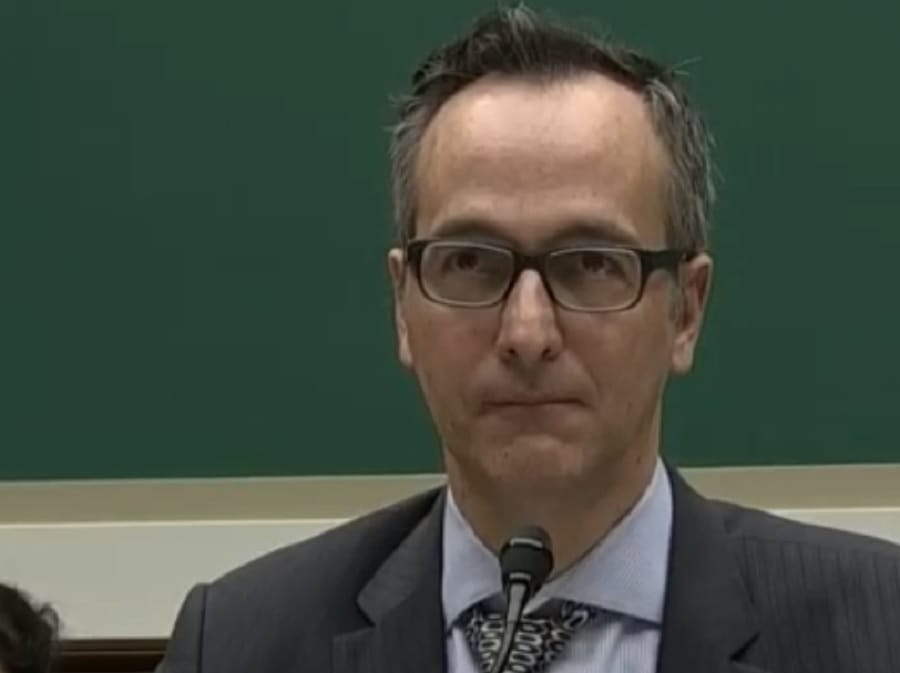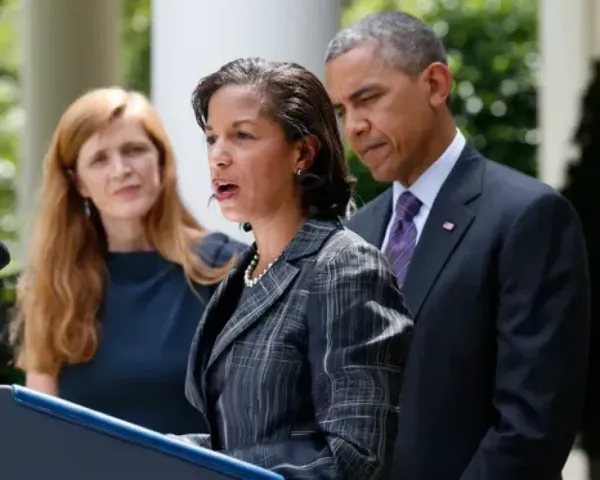Federal Trade Commission Officials Address Communications Lawyers on Robocalls and Children’s Privacy
WASHINGTON, March 9, 2020 – The Wednesday panel session hosted by the Federal Communications Bar Association’s Consumer Protection Committee featured attorneys laying out the overwhelming public frustration with robocalls. The panel was the last FCBA session in March. On Monday, the FCBA announced t










Member discussion